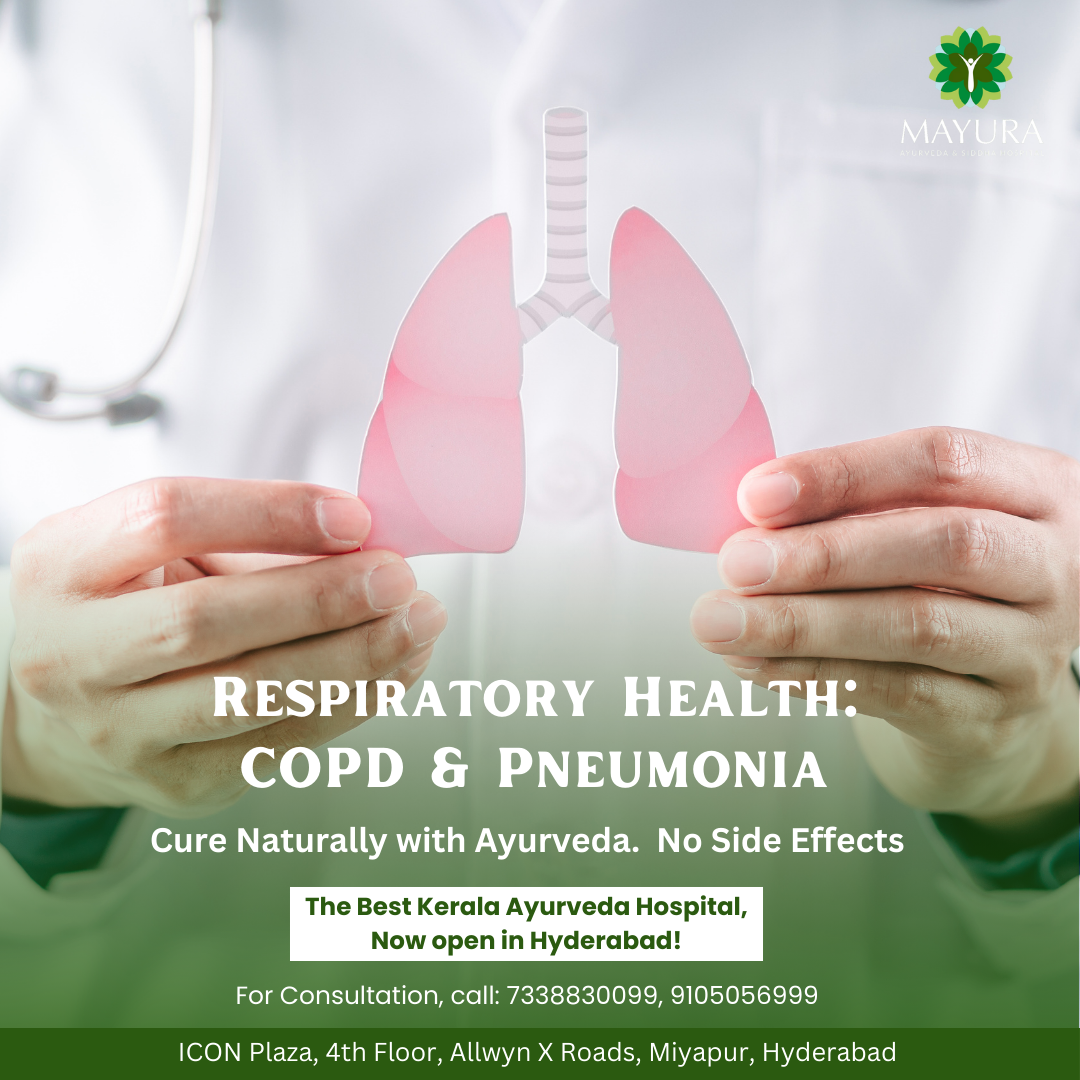Respiratory Health: COPD & Pneumonia
Maintaining optimal respiratory health is essential for overall well-being. However, conditions such as Chronic Obstructive Pulmonary Disease (COPD) and Pneumonia pose significant challenges. Understanding these respiratory ailments, their causes, symptoms, and management strategies is crucial for individuals seeking to safeguard their lung health.
Chronic Obstructive Pulmonary Disease (COPD):
COPD is a progressive lung disease characterized by airflow limitation and difficulty breathing. Smoking is the primary cause of COPD, although exposure to air pollutants and genetic factors also play a role. Symptoms include coughing, wheezing, shortness of breath, and chest tightness. Diagnosis typically involves spirometry testing and imaging studies. Treatment focuses on relieving symptoms, improving lung function, and preventing exacerbations through smoking cessation, medication, pulmonary rehabilitation, and supplemental oxygen therapy.
Pneumonia:
Pneumonia is an infection that inflames air sacs in one or both lungs, affecting their ability to function properly. Bacterial, viral, and fungal infections can cause pneumonia, with common culprits including Streptococcus pneumoniae and influenza viruses. Symptoms may include fever, cough, chest pain, and difficulty breathing. Diagnosis often involves chest X-rays and laboratory tests. Treatment depends on the underlying cause and severity of the infection, typically involving antibiotics, antiviral medications, rest, and supportive care.
Maintaining Respiratory Wellness:
Avoiding Tobacco Smoke: Quitting smoking and avoiding exposure to secondhand smoke are critical steps in preventing COPD and reducing the risk of pneumonia.
Vaccinations: Getting vaccinated against influenza and pneumococcal pneumonia can help prevent these respiratory infections.
Air Quality: Minimize exposure to air pollutants, indoor allergens, and environmental toxins to protect lung health.
Regular Exercise: Engage in regular physical activity to improve lung function and overall cardiovascular health.
Healthy Diet: Consume a balanced diet rich in fruits, vegetables, lean proteins, and whole grains to support immune function and respiratory health.
Good Hygiene Practices: Practice proper hand hygiene, cough etiquette, and respiratory hygiene to prevent the spread of respiratory infections.
Conclusion:
Respiratory health is paramount for maintaining a high quality of life. By understanding the causes, symptoms, and management strategies for conditions such as COPD and Pneumonia, individuals can take proactive steps to protect and preserve their lung function.
















